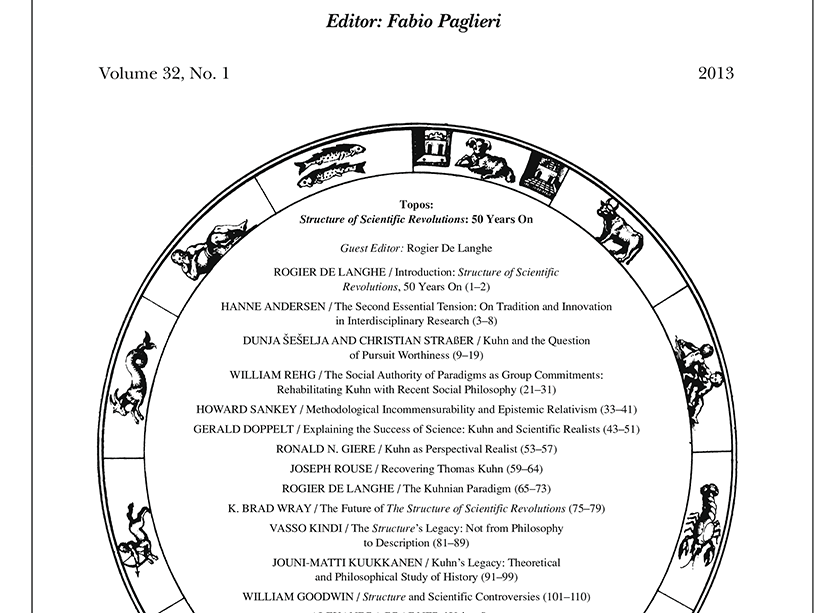Understanding Incels and Their Impact on Society

Introduction
The term ‘incel’—short for ‘involuntarily celibate’—has entered public discourse in recent years, often associated with discussions around online communities, mental health, and societal attitudes toward relationships. Understanding incels is critical in addressing broader issues related to loneliness, social isolation, and radicalization.
What is an Incel?
An incel is generally defined as an individual, typically male, who struggles to find romantic or sexual partners despite desiring them, leading to feelings of frustration and resentment. The term became widely known in the 1990s, but it has garnered increased media attention due to tragic events involving self-identified incels, culminating in discussions about misogyny and violence.
Current Landscape of Incels
Recent reports from various sources, including the International Journal of Offender Therapy and Comparative Criminology, highlight that incel communities often foster toxic ideologies that may lead to harmful behaviors. According to a report by Anti-Defamation League in 2023, some incels engage in online forums that promote hate speech and extremism, contributing to the radicalization of individuals. Governments and organizations are becoming increasingly concerned about this phenomenon, prompting investigations and educational initiatives aimed at countering extremist views.
Recent Developments
The rise of social media has significantly changed the landscape for incels, enabling them to connect, share grievances, and propagate their ideologies more efficiently. In 2023, several tech platforms undertook actions to ban incel-related content, citing the potential for violence and harassment as their primary rationale. These measures sparked debates about freedom of speech versus public safety, illustrating the complexity of addressing incel culture within a framework of civil liberties.
Conclusion
Understanding incels is essential for developing effective interventions that address the underlying issues of social isolation, mental health, and relationship dynamics. As discussions around incel culture evolve, it is crucial for society to foster inclusive dialogues that address the frustrations of those who feel marginalized while simultaneously rejecting harmful ideologies. Moving forward, the impact of educational campaigns, social reforms, and mental health resources will play a significant role in shaping our collective response to this complex issue. The journey towards addressing the challenges associated with incel culture is ongoing, and continued research, discussion, and action are crucial for creating safer communities.








